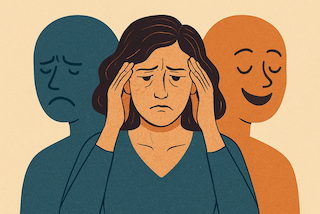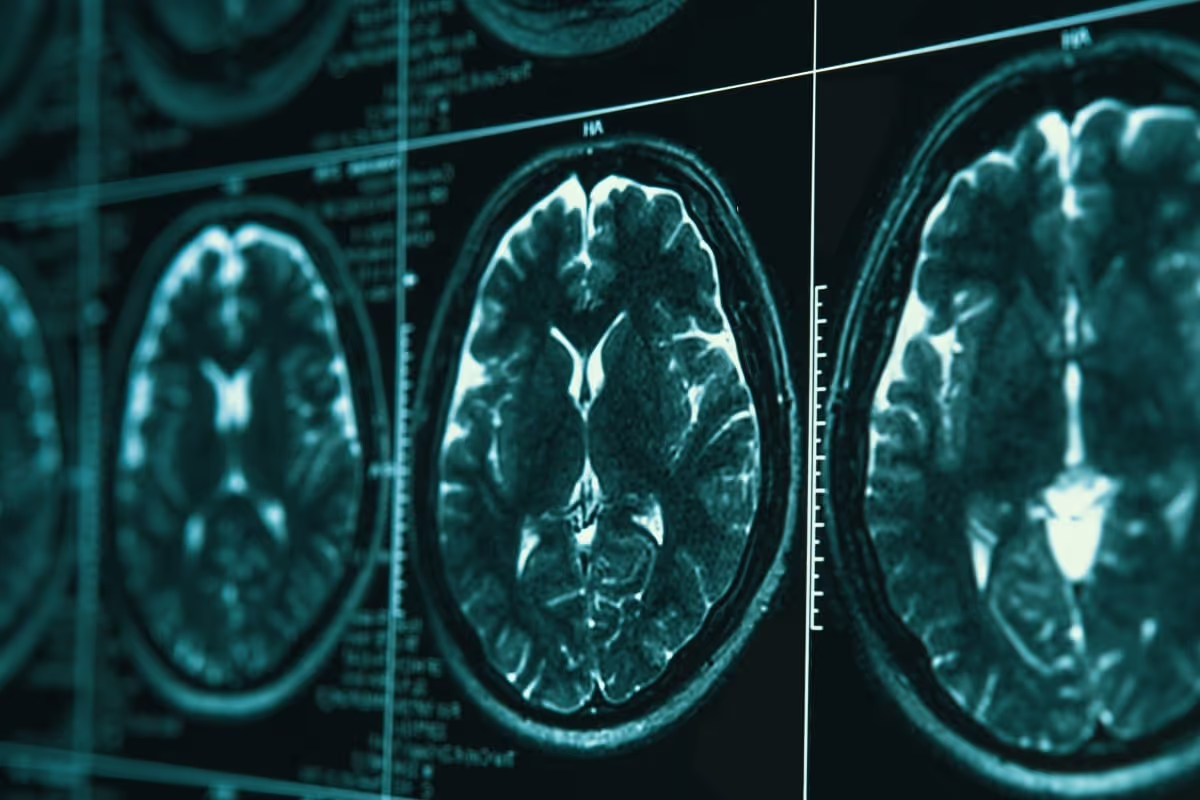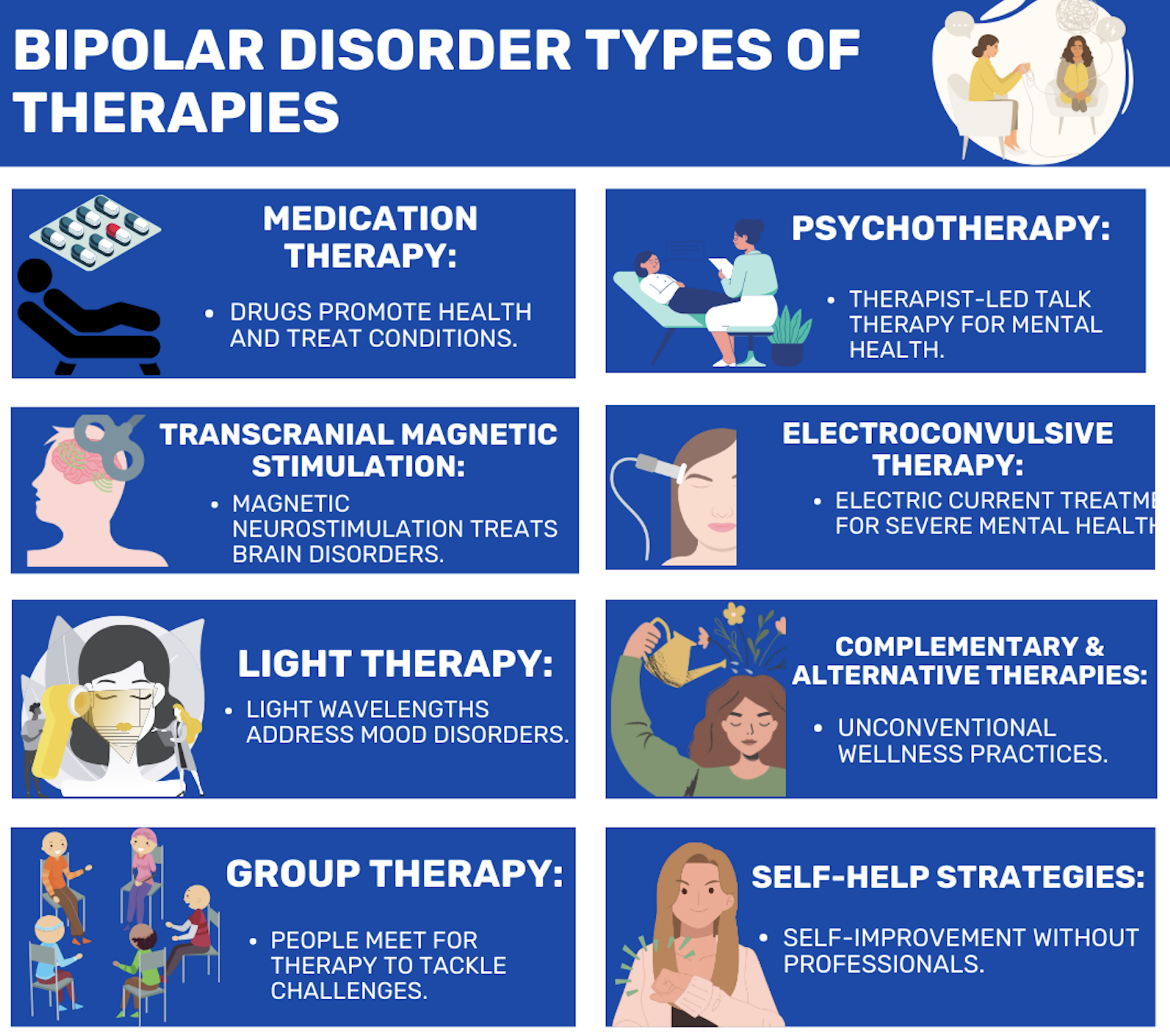for Bipolar Disorder
While ibogaine presents a promising alternative, it is essential to consider other treatments available for bipolar disorder. Traditional approaches remain the mainstay of treatment and often include a combination of medication and psychotherapy. Mood stabilizers, such as lithium and anticonvulsants, are commonly prescribed to help manage manic and depressive episodes. Antipsychotic medications may also be used, particularly during acute manic phases.
Psychotherapy, including cognitive-behavioral therapy (CBT) and dialectical behavior therapy (DBT), plays a crucial role in addressing the cognitive and behavioral aspects of bipolar disorder. These therapeutic approaches aim to help individuals develop coping strategies, improve emotional regulation, and build resilience. Psychoeducation is another valuable component, providing patients and their families with information about the disorder, treatment options, and strategies for managing symptoms.In addition to conventional treatments, several other alternative therapies have shown promise.
These include mindfulness-based practices, such as meditation and yoga, which can help reduce stress and improve emotional balance. Nutritional interventions, such as omega-3 fatty acid supplementation, have also been explored for their potential mood-stabilizing effects. Emerging treatments, like transcranial magnetic stimulation (TMS) and ketamine infusions, offer additional options for those who do not respond to traditional therapies. Each of these approaches has its own benefits and risks, and a comprehensive treatment plan should be tailored to the individual's unique needs and circumstances.
.svg)
An enhanced emotional resilience and mental clarity,
.svg)
Highly reduced symptoms of depression and anxiety,
.svg)
Ability to reframe past traumas
.svg)
A deeper connection to themselves and their purpose
.svg)
Move forward with greater confidence.








.png)

.webp)
.webp)
.webp)



.webp)


.webp)



.webp)
.webp)
.webp)
.webp)

.webp)
.webp)
.webp)





